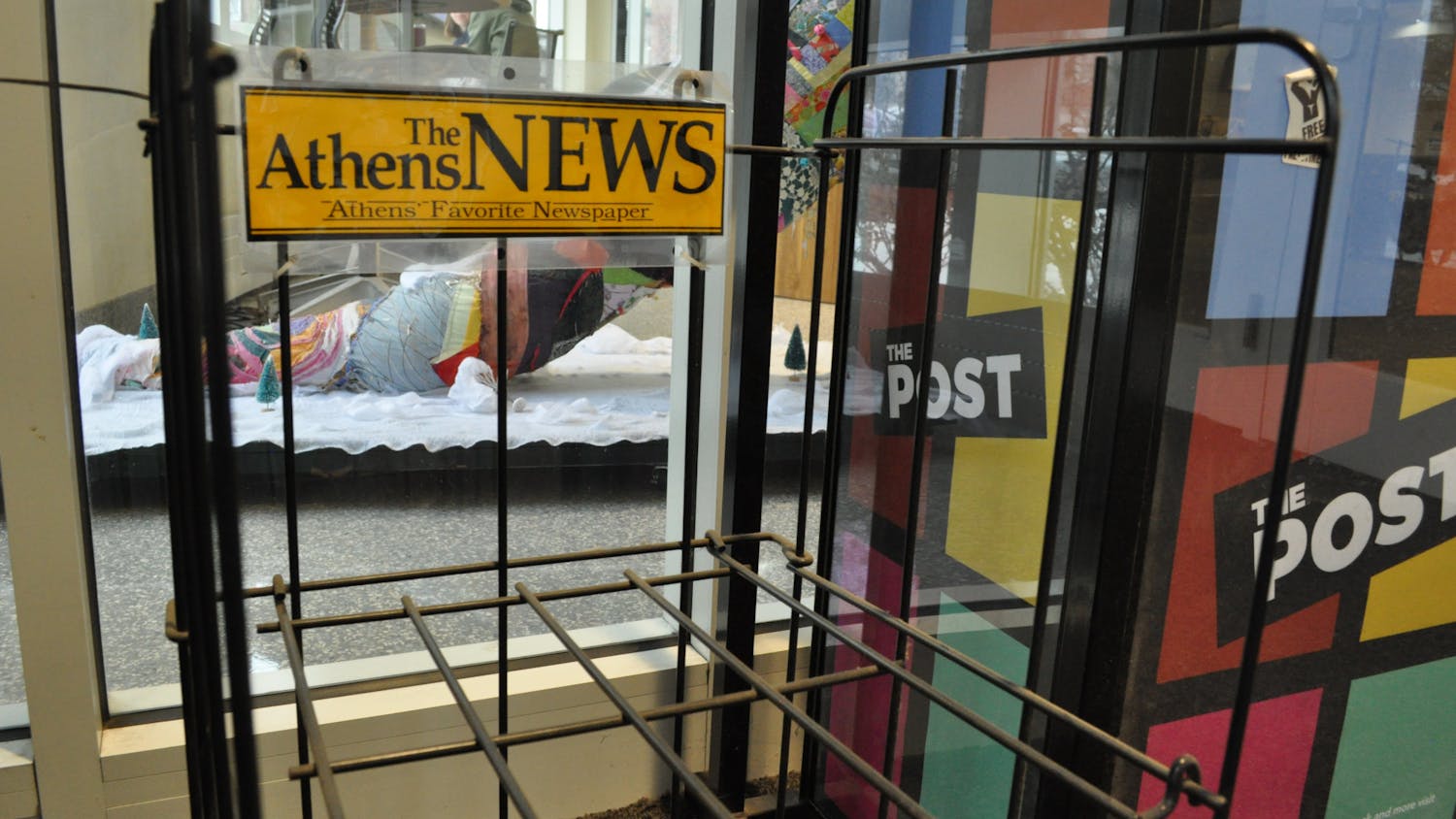News publications such as The New York Times, The Washington Post and The Atlantic use paywalls before allowing readers to access online articles and content. Millions of Americans access their news from their phones or computers and can be expected to pay when visiting the site. Where is the line in terms of its morality?
News publications use paywalls to earn money by limiting a reader’s access to exclusive content or in-depth articles. Most recently, the use of “metered paywalls” has been used by corporations to limit the number of articles that can be accessed each month before paying to subscribe to the platform.
Paywalls limit readers. News should be easily accessible, but now people are met with “create an account” or “pay to access” when they search for a breaking headline. The Center for Media Engagement at The University of Texas at Austin proposes that paywalls can contribute to misinformation online. Because paywalls block in-depth articles and restrict the timeliness of headlines, readers can feel disappointed and look to an unreliable news source.
Media literacy is especially important when deciphering unreliable and fake news. If readers have the ability to analyze and evaluate all forms of communication, as well as news, it can ensure productivity when looking at other sites for the same news that was blocked by a paywall.
The morality of a paywall can be decided by the ethical quality of the publication. News sites should provide exactly what the reader is paying for and subscribing to in return for a payment to access. The trust in the site is the only aspect that will keep readers engaged and paying.
Janice Collins, Ph.D., is an associate professor of broadcast journalism at Ohio University. With over 35 years of experience in the media industry, Collins says she has worked with social media and the internet in some capacity since 1987.
“Unfortunately, because everyone has let go of newspapers … journalism has now become more of (a) journalism business,” Collins said.
She said with the loss of newspapers and as businesses lose advertisements, they have to make money somewhere but remain ethical.
“If you do not have the well-being of ethical journalism to sustain and maintain the integrity of this democracy, then the behavior and the practice can lean on the side of not being moral in your practice,” Collins said. “There should be news by every media platform for free.”
Collins said news sites can make money to sustain their business, but it should not restrain readers from receiving trusted news. Collins also said trusted local journalism is important, therefore if local news publications use a paywall, the added trust of the community could do well for the news sites' engagement.
“I really truly think that even a local news outlet, using a paywall, will actually be a competitor for regional and national (publications) because if you do a great job, you’re going to have the trust of your community,” Collins said.
Luckily, there are ways to avoid paywalls. A trusted Google Chrome and Microsoft Edge extension called Postlight Reader helps remove distractions like paywalls and pop-ups from websites like The New York Times and The Atlantic.
Paywalls on news sites can limit a reader’s access to articles and content. To maintain the morality of not only the publication, but also the paywall, news sites should be honest about what the reader is paying for.
Daphne Graeter is a sophomore studying journalism at Ohio University. Please note that the views and opinions of the columnist do not reflect those of The Post. What are your thoughts? Let Daphne know by emailing her at dg422421@ohio.edu.






